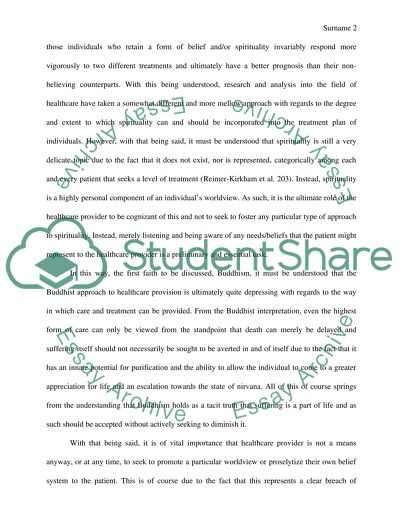Cite this document
(“Spirituality in Health Care Essay Example | Topics and Well Written Essays - 1750 words”, n.d.)
Spirituality in Health Care Essay Example | Topics and Well Written Essays - 1750 words. Retrieved from https://studentshare.org/nursing/1486227-spirituality-in-health-care
Spirituality in Health Care Essay Example | Topics and Well Written Essays - 1750 words. Retrieved from https://studentshare.org/nursing/1486227-spirituality-in-health-care
(Spirituality in Health Care Essay Example | Topics and Well Written Essays - 1750 Words)
Spirituality in Health Care Essay Example | Topics and Well Written Essays - 1750 Words. https://studentshare.org/nursing/1486227-spirituality-in-health-care.
Spirituality in Health Care Essay Example | Topics and Well Written Essays - 1750 Words. https://studentshare.org/nursing/1486227-spirituality-in-health-care.
“Spirituality in Health Care Essay Example | Topics and Well Written Essays - 1750 Words”, n.d. https://studentshare.org/nursing/1486227-spirituality-in-health-care.


